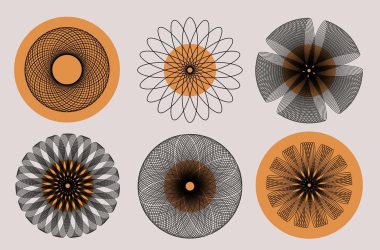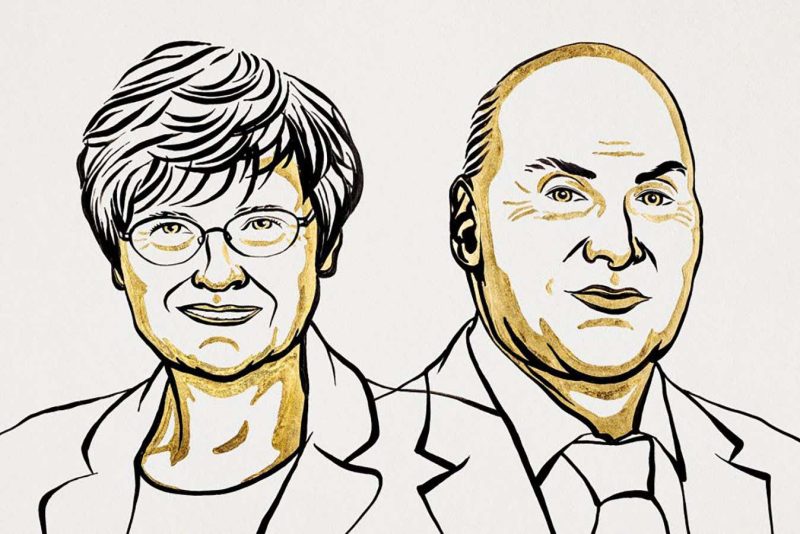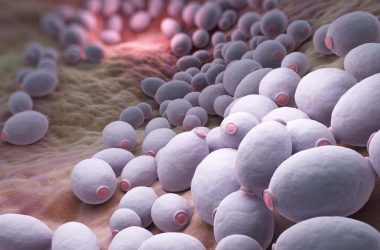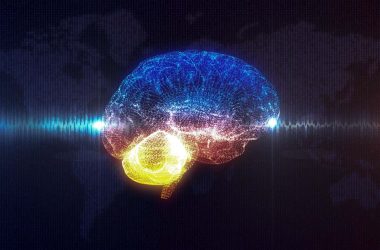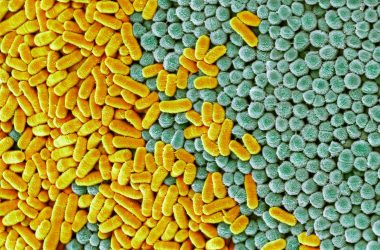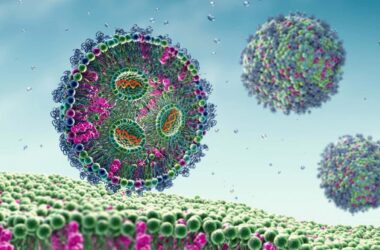Introduction
Katalin Karikó and Drew Weissman have been awarded the 2023 Nobel Prize in Physiology or Medicine for their groundbreaking work on mRNA technology, which has been instrumental in the development of COVID-19 vaccines. This technology has revolutionized vaccine development and holds promise for future medical advancements.
The Breakthrough in mRNA Technology
Traditional mRNA synthesized in the laboratory was destroyed by the immune system, limiting its effectiveness as a tool for instructing human cells to produce proteins. However, Karikó and Weissman developed a method to chemically modify the synthesized mRNA to resemble the naturally occurring mRNA in mammalian cells, thereby avoiding immune attack.
The Impact of mRNA Vaccines
Utilizing the modified mRNA technology, the vaccines developed by Moderna and Pfizer/BioNTech have played a pivotal role in combating the COVID-19 pandemic. These vaccines contain instructions for producing the spike protein found on the surface of the coronavirus, triggering an immune response in vaccinated individuals.
Initially, these mRNA vaccines demonstrated high efficacy in preventing COVID-19 infections. However, their effectiveness against the Omicron variant is debated, with reduced efficacy in preventing infections but still effective in reducing illness severity and preventing deaths.
Advantages of mRNA Technology
Aside from its success in tackling COVID-19, mRNA technology offers several advantages for future vaccine development. It enables quicker production of vaccines against new viral threats, such as a potential bird flu pandemic, and has the potential to be scalable, fast, and adaptable to different viruses.
Moreover, mRNA technology is currently being investigated as a potential treatment for cancer, expanding its potential applications beyond infectious diseases.
Future Implications and Recognition
The mRNA COVID-19 vaccines have not only saved countless lives and reduced severe illness but also allowed societies to reopen and regain a sense of normalcy. With its immense impact during the pandemic, the Nobel Committee for Physiology or Medicine acknowledges the significant contribution of Karikó and Weissman’s work in their announcement of the Nobel Prize.
Conclusion
The Nobel Prize in Medicine awarded to Karikó and Weissman celebrates their groundbreaking research in mRNA technology, paving the way for the development of COVID-19 vaccines and demonstrating the potential for future advancements in medicine. Their work has brought hope and progress in the fight against the global pandemic.



